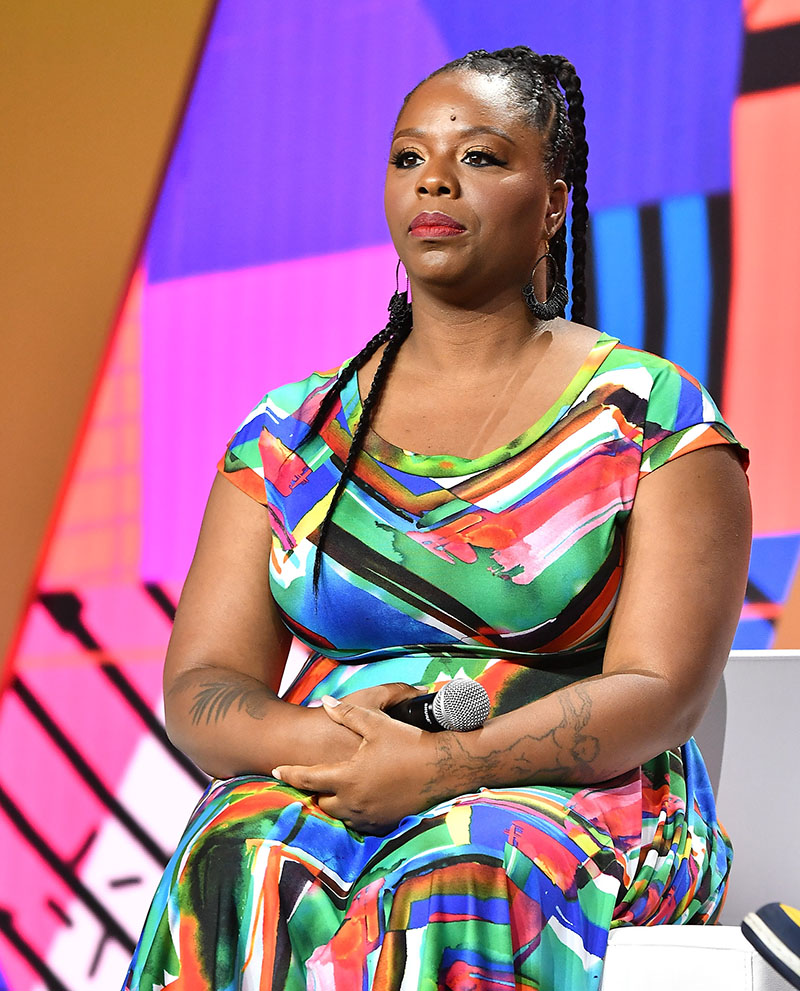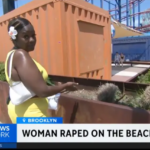
Black lives Matter Co-Founder Steps Down as CEO
Published on June 2, 2021 at 4:20 PM by Chisomo Kambale
Black Lives Matter co-founder Patrisse Cullors has stepped down as executive director of the global anti-racist movement.
The network has named two interim senior executives, Makani Themba and Monifa Bandele, to support the organization after Cullors transitioned from her role.
The two women senior executives have been supporters and advisers of Black Lives Matter since its inception in July 2013.
The leadership transition has triggered a storm on Twitter, with people thanking Cullors, who founded Black Lives Matter with Alicia Garza and Opal Tometi nearly eight years ago.
In a statement, Cullors said she knew that the global anti-racist network “is in good hands” of “smart, experienced and committed people.”
“The agenda remains the same, eradicate white supremacy and build life-affirming institutions,” she said.
Themba is the chief strategist for the Mississippi-based organization Higher Ground Change Strategies.
Bandele is the director of operations for the Time’s Up Foundation, the movement against sexual harassment created in 2017 by Hollywood celebrities.
BLM grew out of the overwhelming response to the Cullors-created #BlackLivesMatter hashtag following a Garza Facebook post complaining about the acquittal of white police officer George Zimmerman for the 2012 fatal shooting of young African-American Trayvon Martin.
The movement became a foundation in 2017, dedicated to supporting black-led movements in the United States, the United Kingdom, and Canada.
The entity reported last February that in 2020 it received more than $90 million in donations and that it ended up with an “approximate balance of $60 million.”
Last year, the murder of African-American George Floyd in Minneapolis sparked demonstrations in various cities across the US, reigniting protests against police brutality in the country.
In its statement, the foundation noted that it donated almost $25 million to Black-led organizations and Black families around the country during the period Cullors was at the helm.
These include nearly $3 million to support Black people struggling during the pandemic, especially organizers, those affected by police violence, or who are LGBTQIA.
The organization also committed 23 percent of its assets last year to non-profits, compared to the average foundation in the US that donates just 5 percent to 8 percent.


